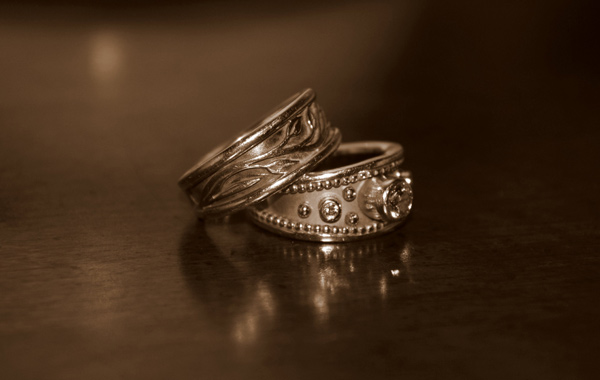Being a Witness to Each Other’s Lives
L
auren Bush and David Lauren were featured in Vogue magazine this fall with official wedding pictures from their Labor Day weekend nuptials and an article by William Norwich. In case you don’t know, David is Ralph Lauren’s son and Lauren is Neil Bush’s daughter (granddaughter of former President George H.W. Bush). One of Norwich’s observations about the couple especially caught my attention.
“Talk to Lauren and David, and they are as sweet as they are glamorous, as confident as they are sensitive and polite with not just you but each other. They listen to what the other says before offering their own opinions. They do not tease each other as so many couples do, mistaking complaint for wit and revealing the other’s foibles and outrageousness, comic or otherwise.”
That last sentence stung. “They do not tease each other as so many couples do, mistaking complaint for wit…” This isn’t just an observation of newlyweds as Lauren and David had been a couple for seven years before they wed.
So seven years in and finally married these two listen to each other and refrain from teasing in that “I know you better than you know yourself” way that skirts the boundary that separates politeness from rudeness, kindness from cruelty. It was this phrase that grabbed me, “…mistaking complaint for wit…” It felt familiar – like something I’d done.
I believe in laughter and its healing properties. The relaxation and internal expansion that occur with a good belly laugh is testimony to its ability to be a healthy tonic for the body and soul. Joseph and I love to laugh and teasing each other is an easy source for laughter. Yet in my own marriage and in others, I’ve witnessed the tangling up and accidents that happen when one or another skates too close to the border of revealing too much, making their beloved feel vulnerable and exposed rather than loved and accepted. It’s one kind of painful when it happens by accident and another kind of painful when it’s a veiled attempt at complaint and releasing of resentments.
I believe couples fall into the habit because it begins as a way of saying, “I see you. I am a witness to your life.” And, when the teasing is sweet, it is an easy and effective way of communicating, “I see and hear you.”
What I’m reminded of today is that respectfully listening and being fully present for the other is a slower, deeper, and perhaps more effective way of communicating, “I see you. I hear you. I am a witness to your life.” And maybe it even communicates a little of the heart lassoing feeling of “I adore you.”

